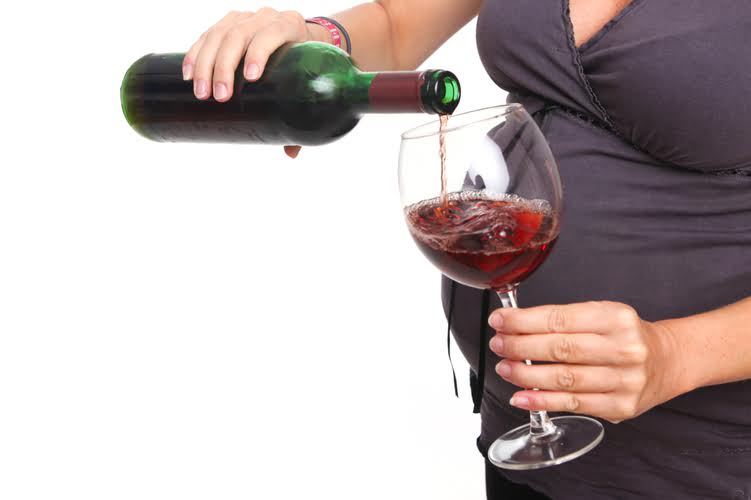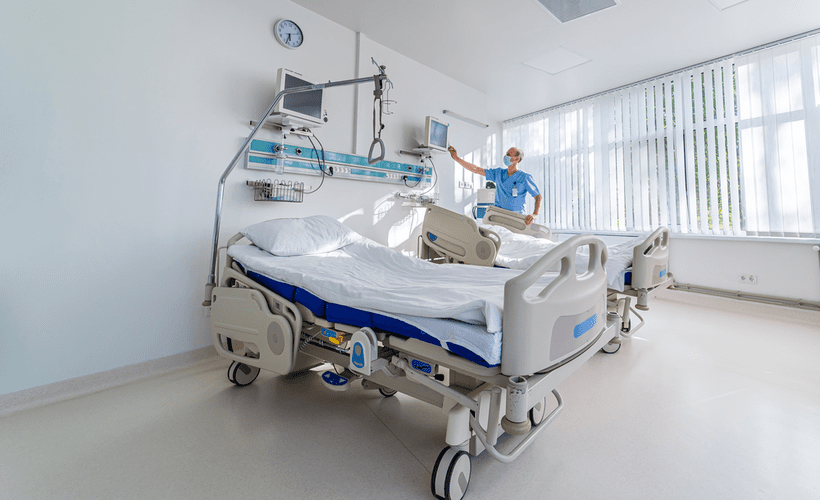

Kidneys that have been overworked due to excess alcohol consumption don’t function properly. This makes them less able to filter blood and maintain the correct water balance in the body. The hormones that control kidney function can also be adversely affected.
Also, if you have a high fever or if you simply don’t drink enough water, you can get dehydrated. Early signs may include increased frequency of urination, especially at night, foamy urine, and swelling in the ankles and feet. These symptoms can be subtle, so regular check-ups with a doctor are crucial. Dehydration from beer and purines in it can worsen existing stones or raise your risk of forming new ones.


At Asana Recovery, we understand how substance abuse can impact every part of your health—including your kidneys. Our evidence-based addiction treatment programs, located in Southern California, are designed to support your physical, mental, and emotional recovery. Whether you’re looking for a detox program, outpatient treatment, or holistic support, our compassionate team is https://www.narpilsan.com/the-link-between-depression-and-substance-abuse/ here to guide you every step of the way. Don’t wait for your health to decline—contact Asana Recovery today and take the first step toward lasting sobriety and kidney recovery. The kidneys’ primary function is to get rid of toxins in the blood.

You experience kidney pain after drinking alcohol because you’ve been overdoing it. You experience pain because it’s your body’s way of telling you that something isn’t right. Chronic and severe kidney damage caused by long-term alcohol abuse may not be fully reversible. Having said that, quitting alcohol and adhering to medical recommendations can help slow the progression of kidney disease and improve overall kidney health. If you believe that kidneys hurt after drinking you or someone you know is at risk of kidney failure and are experiencing these symptoms, seek immediate medical attention.
Pelviureteric Junction (PUJ) obstruction may also cause kidney pain after drinking alcohol. The condition refers to the complete blockage of the renal pelvis, which eventually leads to flank pain or back pain. This type of urinary tract infection begins in your bladder or urethra and spreads to one or both kidneys. If you have a kidney infection, drinking alcohol will increase your discomfort.
Furthermore, the high levels of sugar in soda can also contribute to oral health issues and an increased risk of chronic diseases such as what is alcoholism obesity, diabetes, and gum disease. Persistent low fluid levels or food triggers brought on by excessive caffeine, sugar or other offending dietary elements can exacerbate your kidney problems. Without treating the cause of kidney stones after passing them or having them surgically removed, more stones usually develop. Chronic stone conditions raise your risk for ongoing urinary tract and kidney infections, ureter obstruction and kidney tissue scarring and damage.
You may experience this pain as a dull ache or as an abrupt, sharp, stabbing pain. It could affect one or both sides of the body and be minor or severe. For those in need of a more focused and intensive recovery journey, our intensive outpatient programs provide the necessary structure and depth. Additionally, we can help in connecting individuals with detoxification services across California for those looking to streamline severe alcohol withdrawal.
You may wish to swap out hard liquor for beer or wine, since these have a lower alcohol content. Keep track of your drinks using an app or a diary so you can monitor your progress. At the same time, you may also have infection, which is named as Pyelonephritis.
Panel boczny z własną treścią